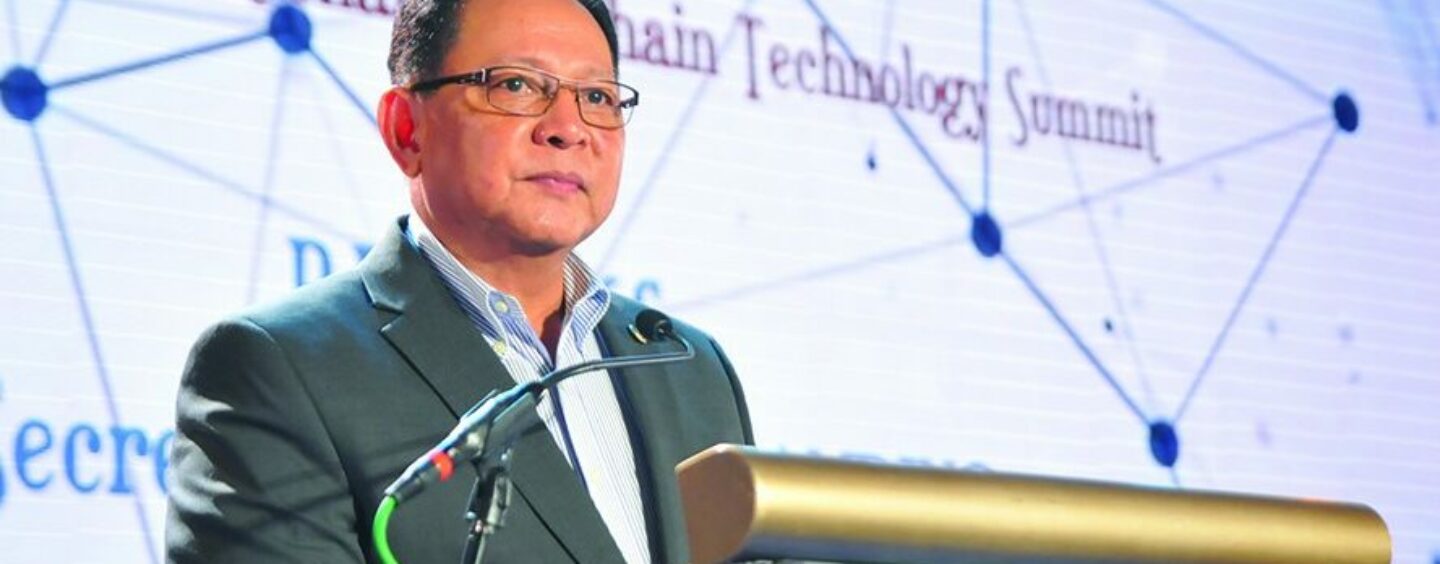
Philippines’ CEZA Favours Self-Regulation in New Cryptocurrency Asset Regulation
by Tom Noda February 1, 2019The Philippines’ “fintech city ” Cagayan Economic Zone Authority (CEZA) has crafted a new set of rules in the acquisition and trading of cryptocurrency assets in the Philippines meant to effectively regulate and protect investors.
CEZA disclosed it has approved the Digital Asset Token Offering (DATO) regulations that cover the acquisition of crypto assets, including utility and security tokens.
Asia Blockchain and Crypto Association Appointed as a Self Regulatory Organisation
While CEZA is the principal regulating authority under the new framework, it has designated the Asia Blockchain and Crypto Association (ABACA) as a self-regulatory organization to help implement and enforce the new rules.
ABACA, based on its profile, self-regulates the code of ethics and compliance with best practices and industry standards for the financial technology firms operating within, or in affiliation with CEZA and ABACA members.
In its new self regulatory role, ABACA is tasked to help the government regulate cryptocurrency companies by effectively converting industry players into enforcers.
The association is enforcing a code of conduct among the members and reports to CEZA any breach, violations, or any matters relating to Offshore Virtual Currency Exchangerules and regulations.
Under the rules, all digital assets must have proper offering documents with pertinent details on the issuer, project, and accompanying advice and certification of experts and DA Agents.
Tokens must be listed on the licensed Offshore Virtual Currency Exchange (OVCE). Stakeholders must also have confirmed arrangements with accredited wallet providers and custodians.
The regulations cover three levels of digital asset offerings: Tier 1 involves assets and investments not exceeding $5 million with payment made in digital tokens. Tier 2 covers $6 million to $10 million in investments, while Tier 3 covers investments exceeding $10 million.
New Rule to Boost CEZA as Asia Crypto Valley
CEZA believes its new rules will provide much needed change to the fintech and blockchain industries and will also encourage innovators to use new technologies responsibly. CEZA explained in a statement,
“Utility tokens, also known as app coins or user tokens, give holders future access to the products or services offered by a company. Security tokens, meanwhile, are backed by real assets such as equity, shares of a limited partnership company, or commodities. These are used to pay dividends, share profits, pay interest or invest in other tokens or assets to generate profits for the token holders,”
CEZA administrator and CEO Raul Lambino said CEZA has built an ecosystem of Virtual Currency Exchange where tokens of issuers can be listed. Both CEZA and the association have also approved wallet providers and insured digital asset custodians to ensure proper storage and governance of investor proceeds.
“The safeguards built into CEZA’s rules and system will lead to greater investor protection and transparency,” Lambino said. “The involvement of DA agents and experts bring in two competent and neutral third parties into the process to help ensure issuers are truthful and accurate.”
CEZA in its bid to develop the economic zone as the center of fintech firms in Southeast and Northeast Asia, has so far approved and issued provisional principal offshore virtual currency exchange licenses to 19 companies engaged in the blockchain ecosystem industries.







